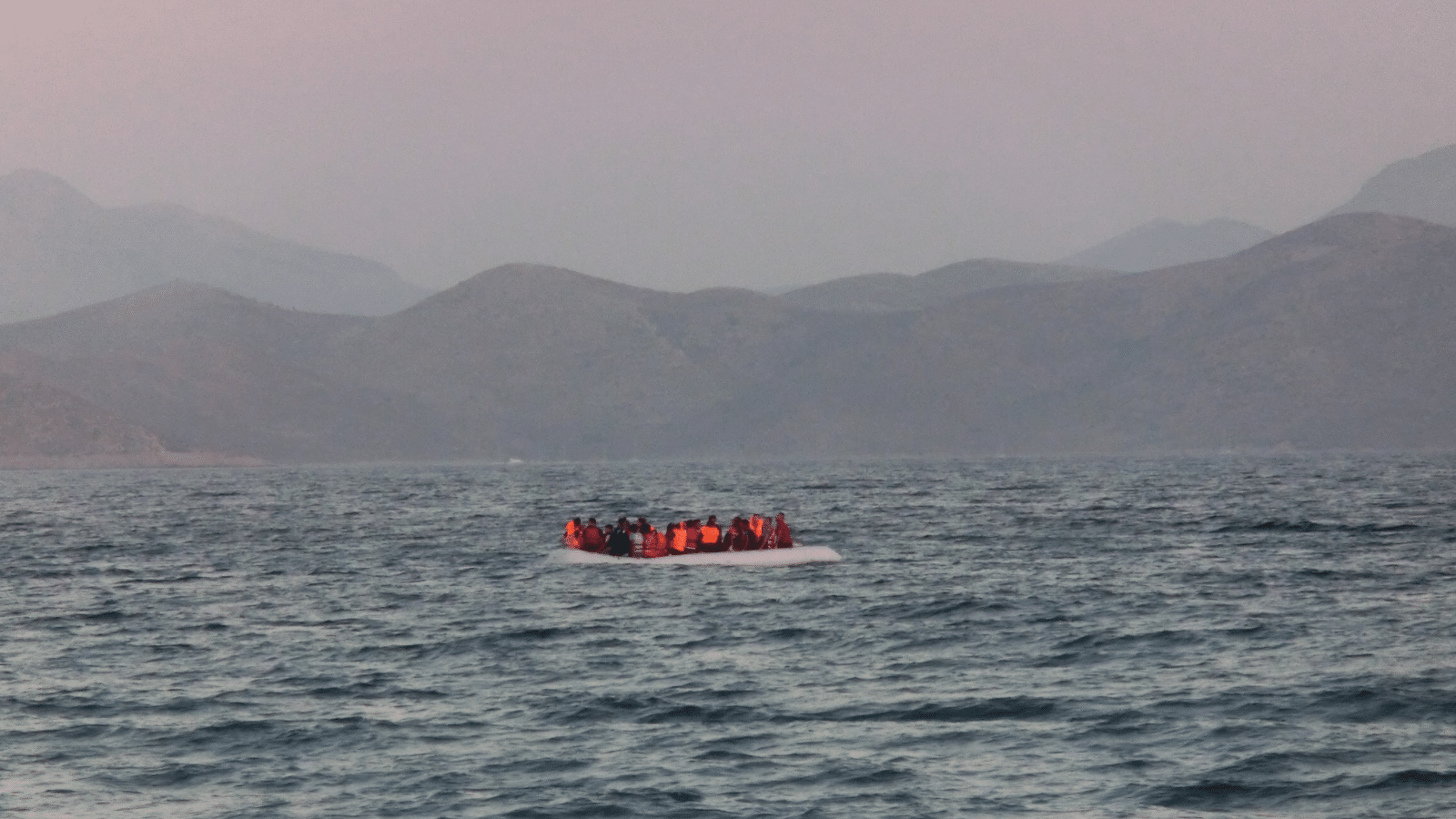According to an April 12 report by the International Organization for Migration (IOM) of the United Nations, at least 441 refugees drowned in the Central Mediterranean between January and March 2023, making it the deadliest quarter since 2017.
In this opinion piece for Al Jazeera, Heidi Mogstad (NCHS Associate and Post Doctoral Researcher, Chr. Michelsen Institute) explores why Europe is apparently willing to accept these deaths and why “besides the usual condemnations from political figures, there is hardly any display of public grief or outrage”.
Mogstad outlines some possible explanations for this complacency, such as compassion fatigue, changing attitudes towards refugees following attacks in Paris and Colonge, and attention focused on the plight of Ukrainian refugees seeking safety and protection. But Mogstad also argues that “we must acknowledge that Europeans do not consider all human lives to be equally ‘grievable'”.
we must acknowledge that Europeans do not consider all human lives to be equally ‘grievable’
Here Mogstad also asks what can we do to challenge the normalisation of refugee deaths in the Mediterranean and address why they are seen as less deserving of grief than the deaths of white Europeans. This requires addressing racism, redefining the narrative of displaced people and addressing the structural and political causes that lead people to risk their lives. “More attention to these root causes should push us to examine our historical and political complicities as citizens, consumers and beneficiaries” writes Mogstad.
Read the full article here.
